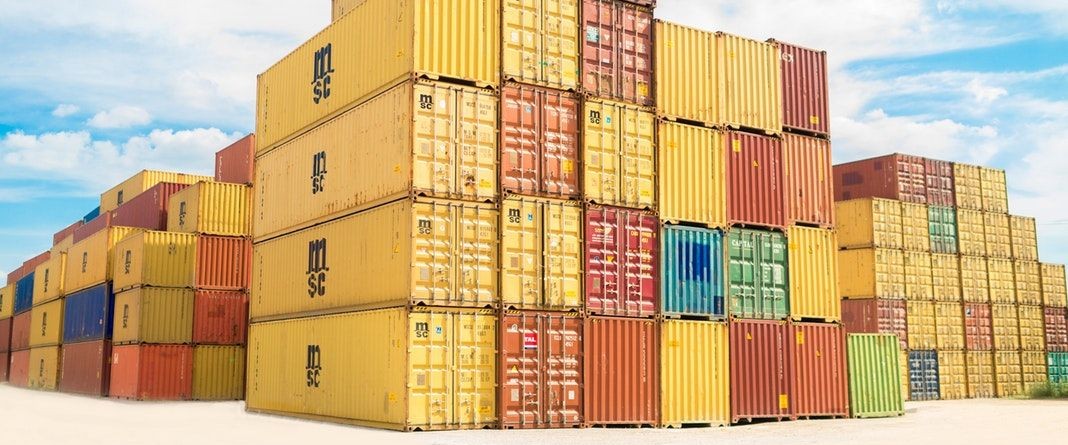Considering life after Brexit – is Britain going to join the TPP?
British ministers have held informal discussions on the possibility of joining the Trans-Pacific Partnership (TPP), according to reports published recently by the BBC and Financial Times.
The TPP is a proposed free trade group, uniting 11 member countries: Canada, Australia, Chile, New Zealand, Brunei, Singapore, Japan, Malaysia, Mexico, Peru and Vietnam.
The 30-chapter agreement covers a range of subjects designed to strengthen economic relations between signatories. The idea of the agreement is to form a new single market, similar to that of the EU.
Reports suggest that the UK’s International Trade Secretary Liam Fox is open to the UK joining the trade agreement.
The 12 countries involved in talks had a collective population of approximately 800 million – almost double those in the EU’s single market…
All signatory countries border the Pacific Ocean – meaning that if Britain were to join, it would be the first country involved that does not. The United States had also previously been involved in TPP talks, until Donald Trump withdrew the US in January last year, as promised during his presidential campaign.
As a result, Mr Fox has stated the importance of waiting to see how the TPP evolves after America’s withdrawal, before making any decisive moves concerning the TPP.
Before Trump pulled the US out of TPP talks, the 12 countries involved in talks had a collective population of approximately 800 million – almost double those in the EU’s single market.
The agreement seems to appeal to those who thought that Brexit would open Britain up to fresh trade deal opportunities.
Deals made through the TPP “would not come close to making up for lost trade with the EU after a hard Brexit”…
However, some believe this would be an contradictory move on the part of Britain’s ministers. Labour MP Chuka Umunna has voiced concerns, stating that the UK risks entering into an agreement similar to the EU, where it would hold ‘little leverage’ in discussions. He also claimed in a BBC report that deals made through the TPP ‘would not come close to making up for lost trade with the EU after a hard Brexit’.
Both eventualities would be the opposite of what Brexiteers might have hoped for, if they believed that the UK’s withdrawal from the EU would give Britain back its economic control, especially in areas like services, pharmaceuticals, the environment and labour.
But Britain is also exploring various similar post-Brexit options, alongside the potential TPP agreement. A spokesperson for the Department for International Trade has stated that Britain has 14 trade ‘working groups across 21 countries’ in the hope to find ways to progress ‘trade and investment relationships across the world’ post-Brexit.
Potential TPP member states currently account for about 8% of British exports…
Potential TPP member states currently account for about 8% of British exports, of which the biggest destination for UK goods and services is Japan. Therefore, BBC economic correspondent Andrew Walker has suggested that ‘easier access would certainly be worth having for many British exporters’.
At the time of the EU referendum, when the US was involved in trade talks for the TPP, such a trade deal might have been an appealing deal – as it would have encompassed the US. However, since the US has withdrawn from talks, Mr Walker has suggested that the British government might now prioritize a deal with the US, with whom ‘the government will have to negotiate separately’ to achieve a trade deal.

Comments (2)
The TPP has now become the CPTPP.
Two things to help it improve:
1. Change name to something easier: it could be the CaPaTPP (Comprehensive and Progressive Agreement).
2. Grow its share of global GDP. TPP accounts for 13.5% of Global GDP. The UK has expressed interest in joining and this would grow TPP’s share of global GDP. At the moment the US, EU and China are the largest powers. The TPP is creating a free trade bloc of independent nations (unlike the EU). Allowing the UK to join could also help with the name. Change Pacific to Oceanic and it would be TOP or CaPaTOP.
This is something we really shouldn’t be doing, as all these countries are geographically so far from us, and we shouldn’t just be leaving a union to join anohter. I think we need to be concerned with export risks in the UK and try our best to hold of on any major deals. It is all about risk management at the minute. It is what businesses in this country need to all bare in mind. It is worth checking out Clear Treasury on their advice and services, they have in depth information regarding foreign exchange management risks https://www.cleartreasury.co.uk/foreign-exchange/risk-management/